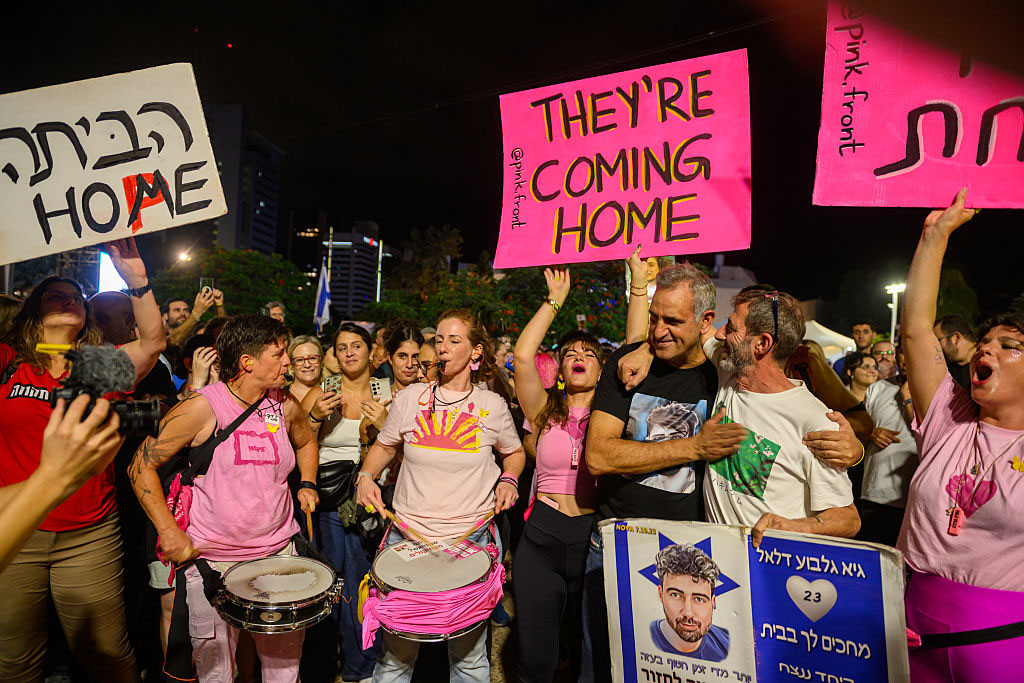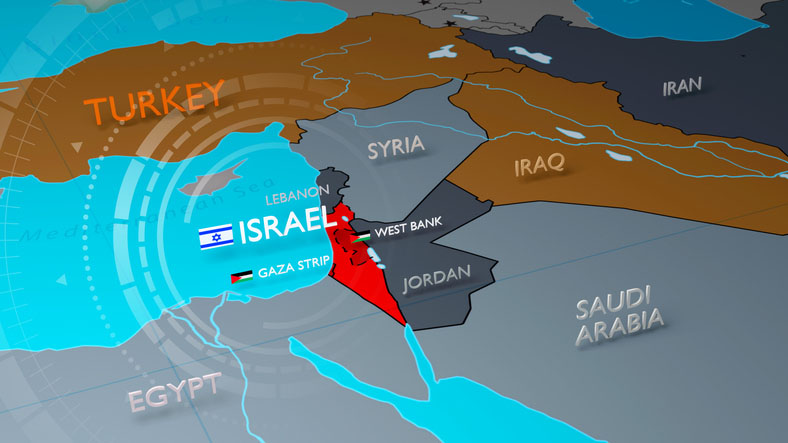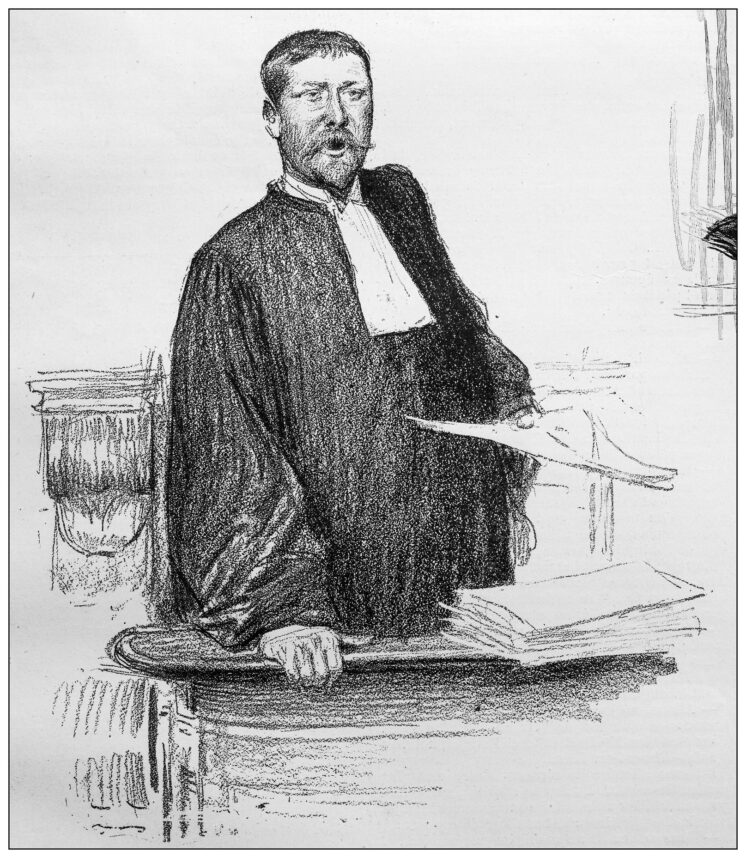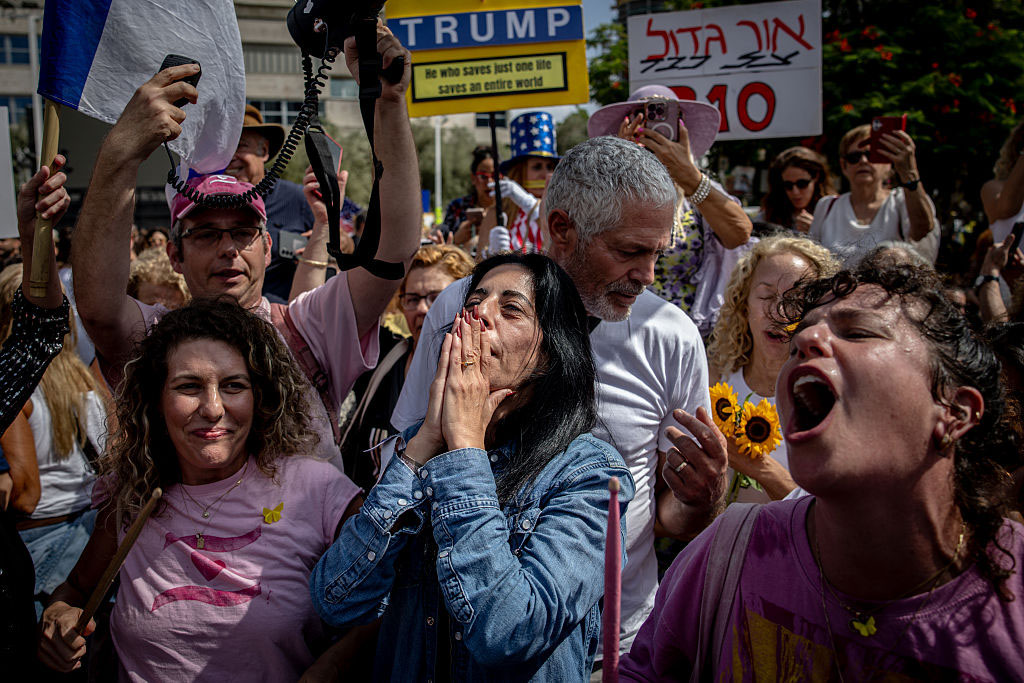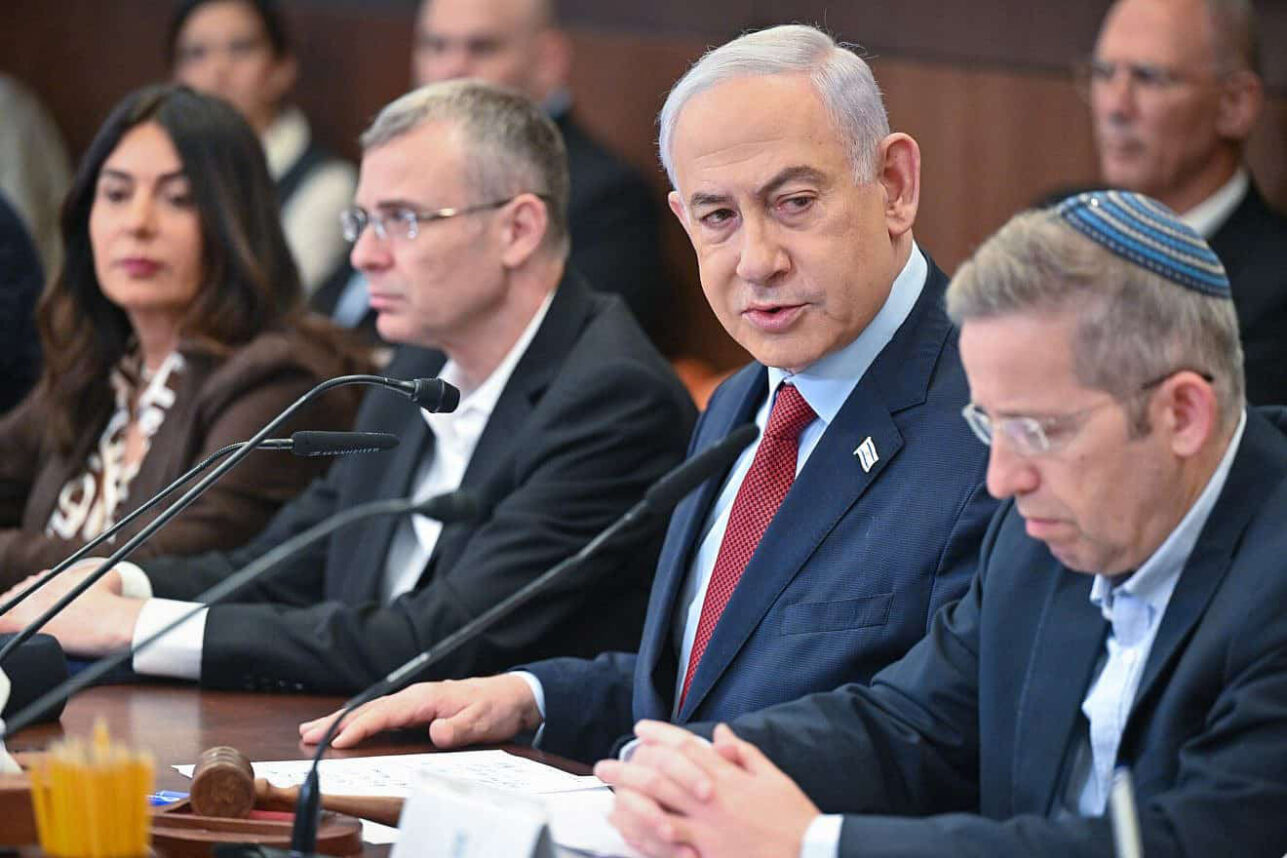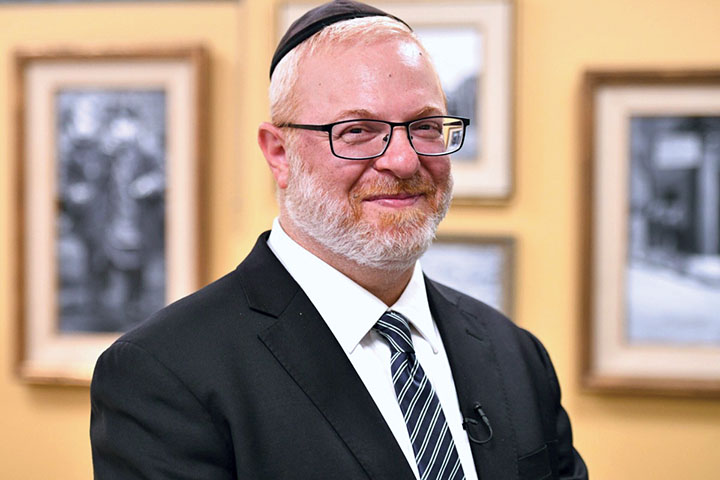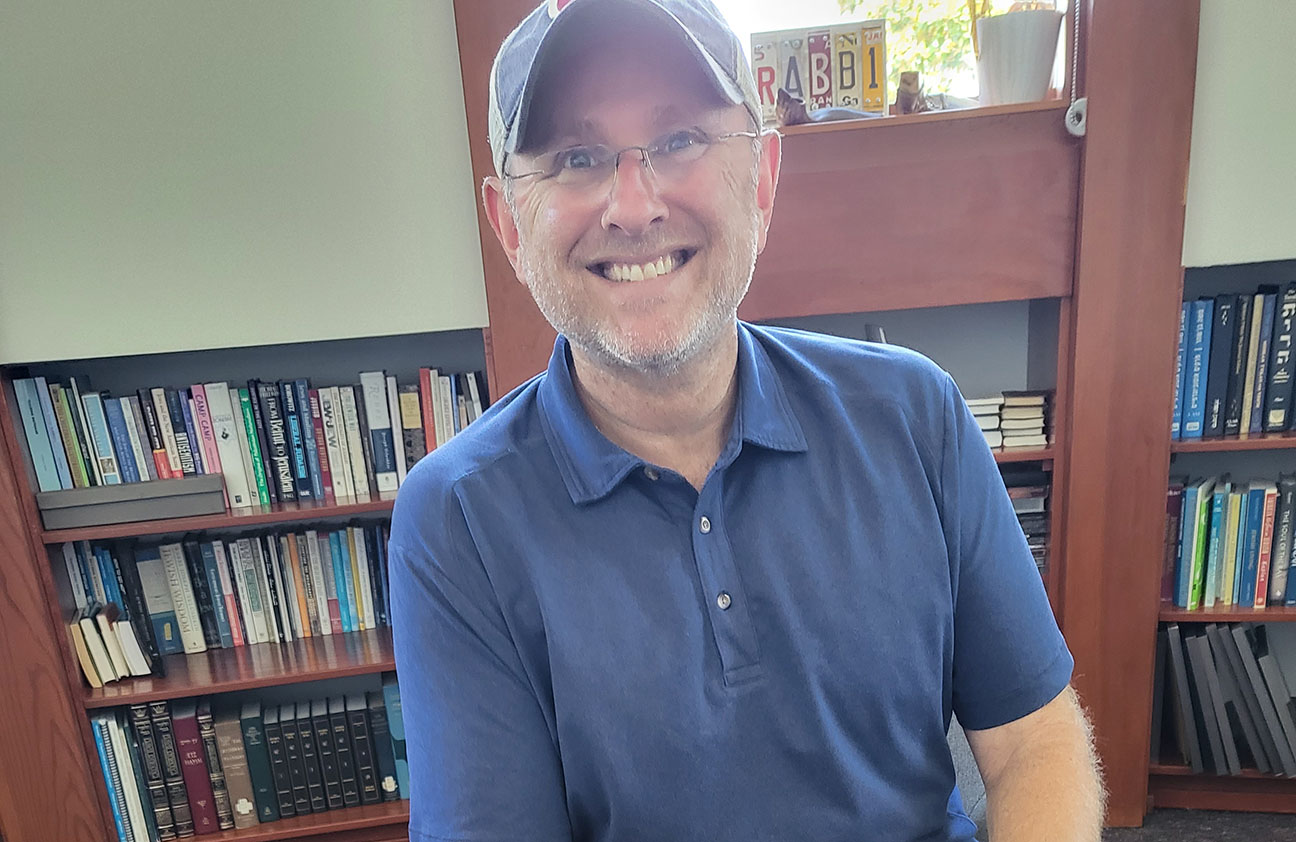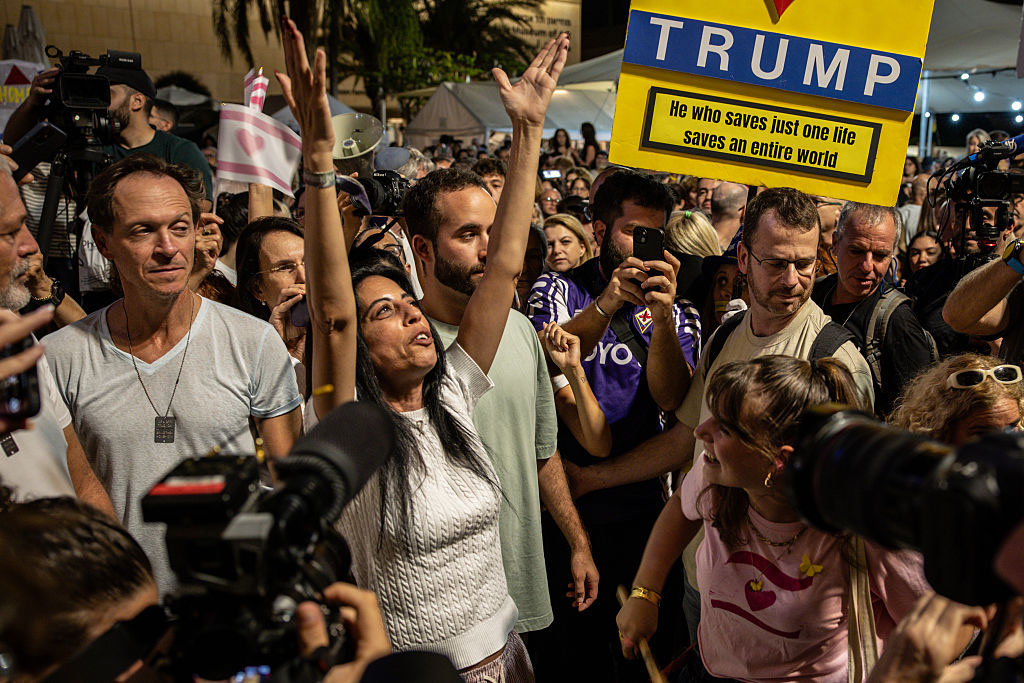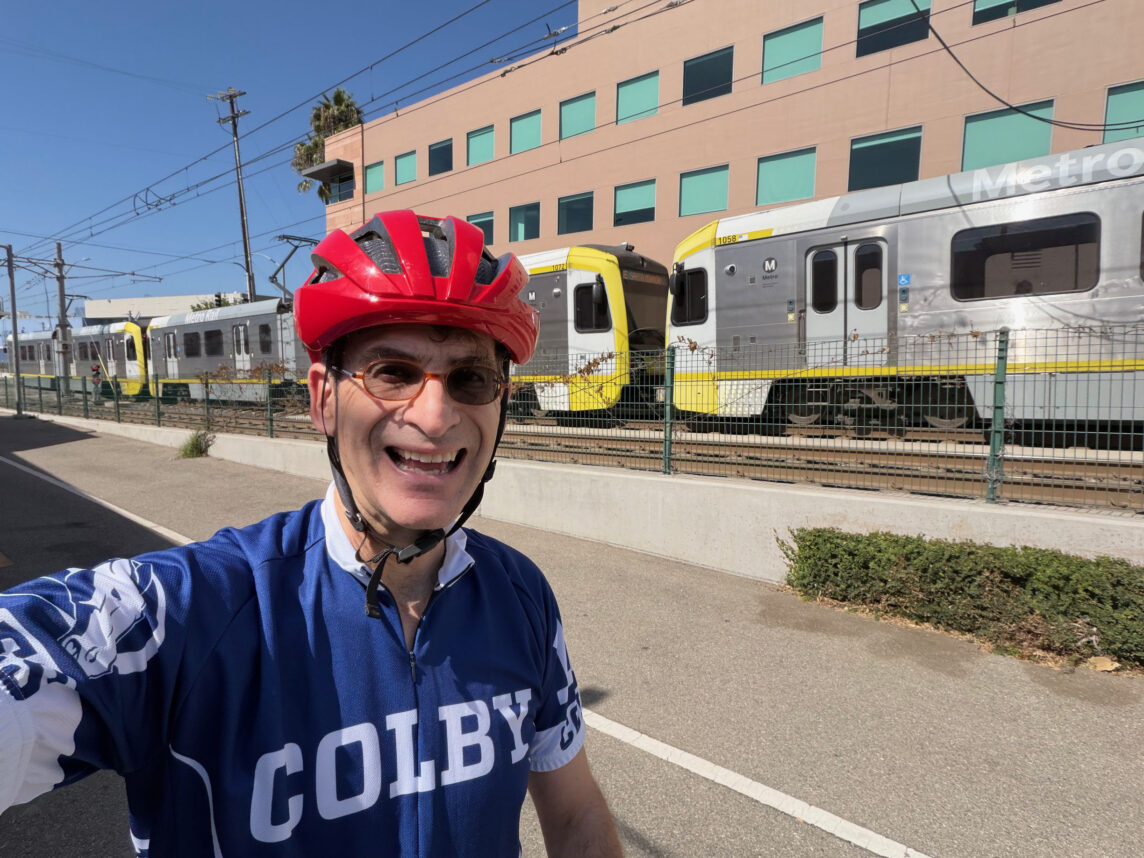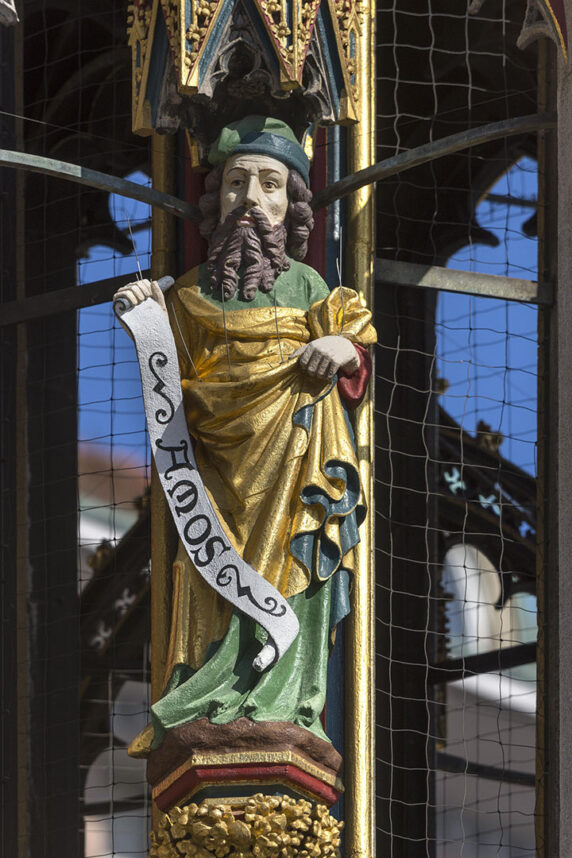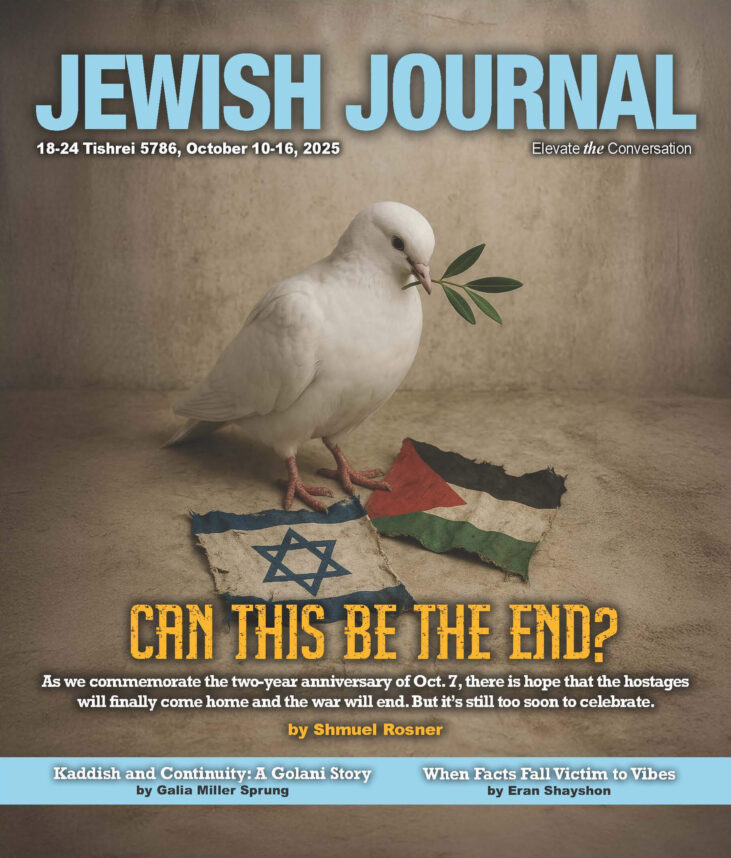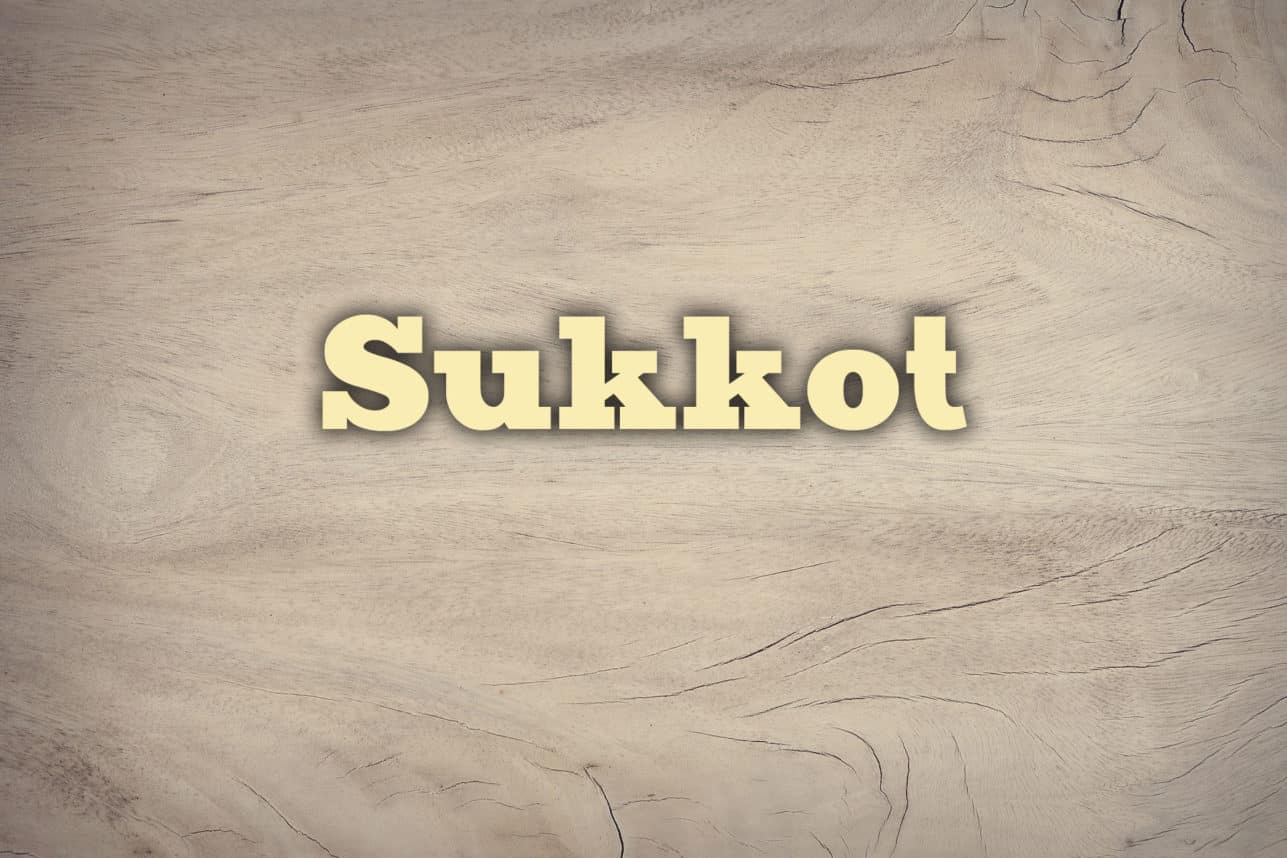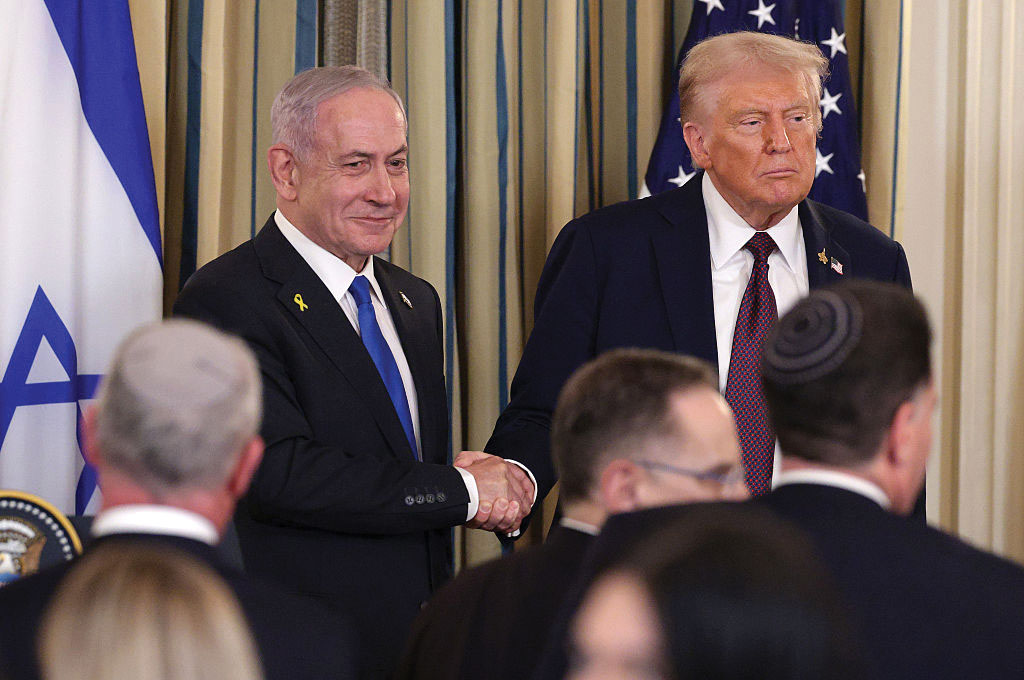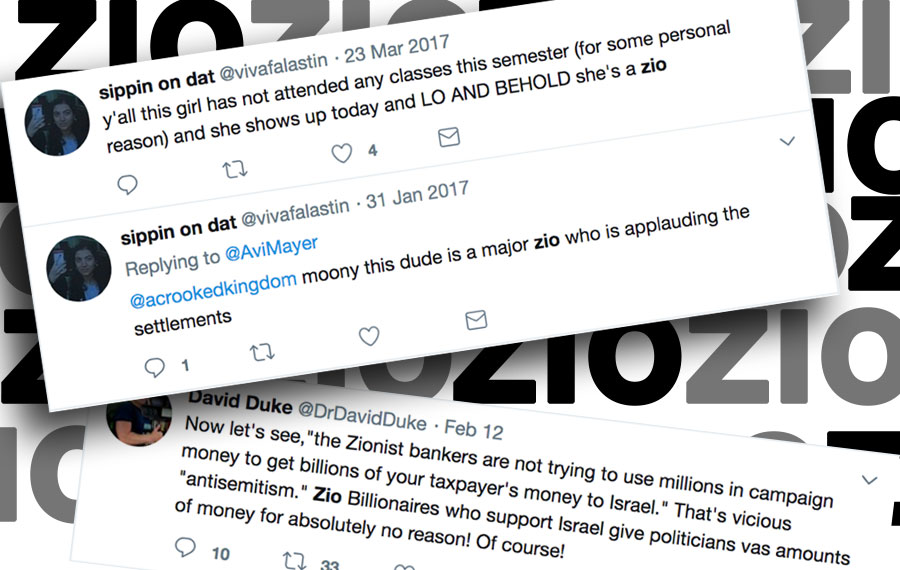
After a video of New York University student Leen Dweik confronting Chelsea Clinton at the Christchurch, New Zealand, massacre vigil went viral in February, thousands of people dug through Dweik’s Twitter feed. What did they find? A bunch of slurs. Dweik quickly apologized for dropping the racist “N” word and homophobic “F” word. However, no apology came for publicly calling someone the white supremacist phrase “Zio.”
While it might seem like an innocent abbreviation of Zionist, “Zio” is a derogatory code word for Jews invented by white supremacists. Despite its right-wing extremist roots, the term has been re-popularized by anti-Israel activists, normalizing violent anti-Semitic vernacular among self-identified progressives.
In 2017, the Chicago Dyke March tweeted, “Zio tears replenish my electrolytes!” after it was criticized for removing participants who waved rainbow flags adorned with a Star of David. In 2016, a chairman of the Oxford University Labour Club resigned over the constant use of the term among his peers. Just type the word into Twitter advanced search and you’ll find it casually used by pro-Palestinian advocates and white supremacists alike.
A history of hate taints the term “Zio.”
“The primary user of the term tends to be someone on the far right, typically a white supremacist,” Aryeh Tuchman, associate director of the Anti-Defamation League’s Center on Extremism, said. “David Duke is probably the best example. For him, it’s ‘Zio’ this and ‘Zio’ that.” Tuchman explained the term rose to prominence as a cover for right-wing anti-Semitism on social media.
“Zio” has been a way for even someone as openly hateful as Duke to avoid being de-platformed from social media. According to the Israeli newspaper Haaretz, by July 2017, the former KKK Grand Wizard had used “Zio” 359 times since January 2012 in episode radio descriptions. If you searched for the term on his website, you’d get 264 pages of results. He even said “Zios” caused the Sandy Hook shooting. Today, a Google search for the term yields approximately 20,100 results.
“‘Zio’ has been used by people who are hardened and overt anti-Semites as a way of attacking Jews while maintaining what they think is plausible deniability, and as a result, it has become a slur in some communities.” — Aryeh Tuchman, associate director of the Anti-Defamation League’s Center on Extremism
“For the people on the extreme right and to racists, ‘Zio’ is a way of making clear to the readers or listeners that they are talking about Jews, without having to go out and say they are talking about Jews,” Tuchman said. “That can be particularly helpful when they are speaking in a forum such as Twitter or Facebook where overt anti-Jewish comments might get taken down.”
But what does it mean when “Zio” is used by left-wing thinkers such as Dweik, who criticize Israel and paint the Jewish state or its supporters as white supremacists themselves?
“It doesn’t necessarily have the anti-Semitic connotation that it might have from someone on the extreme right who is using it, unless they are using it as a way of accomplishing what the extreme right also tries to do, which is to mask their anti-Semitism,” Tuchman explained, noting how if something is seen as objectively anti-Semitic on social media, the platform may ban it.
However, the term serves as a useful code word for tweeting attacks on Jews (that won’t get you suspended from Twitter) for any anti-Semite, regardless of the side of the aisle from which they hurl their hate. Nothing encapsulates the portion of the anti-Israel movement that is virulently anti-Jewish more than their use of the term “Zio,” which offers “plausible deniability” for anti-Zionists to say they are criticizing pro-Israel thinkers — even if they, like Duke, truly mean to demonize Jews.
No one can detect a person’s true intent, which has left many who see covert anti-Semitism in activist spaces unsure whether they need to combat the bigotry or educate well-meaning voices on it. Whether they are faced with the United Kingdom’s Labour Party or the Chicago Dyke March, Jews find themselves repeatedly asking: Are advocates using anti-Semitic tropes because they are malevolent or ignorant?
When an activist group uses the term “Zio,” it could demonstrate its leaders are not familiar with anti-Semitism enough to avoid borrowing the language of the KKK, highlighting a blind spot. This is what the Chicago Dyke March claimed when it took down its tweet and posted, “Sorry y’all! Definitely didn’t know the violent history of the term. We meant Zionist/white tears replenish our electrolytes.”
Even worse, the offender could know but not care. There is a possibility that progressives have adopted the extremist anti-Semitism of proud racists.
The rise of “Zio” among left-wing discussions could be a symptom of another ignorance: the Zionist movement itself.
According to Tuchman, “Zio” is “increasingly used by people on the left in the progressive world where Zionist is a pejorative and Zionism is being viewed as an evil, racist, genocidal ideology. So to call someone a ‘Zionist’ is becoming one of the worst things you can call someone if you’re a member of one of those movements.”
This is symptomatic of a movement to falsely malign Zionism as an “evil, racist and genocidal ideology.” Rather than having a one size fits all idea of what the state of Israel should look and act like, Zionists simply support the self-determination of the Jewish people in their indigenous homeland. They have a wide spectrum of ideas regarding Palestinian self-determination, Israeli politics and the Israeli-Palestinian conflict. However, many anti-Semites find the concept of Jews having any power inherently sinister and threatening. It is this paranoia that drives conspiracy theories that Jews control the weather, banks, government and media, and the belief that we have supernatural abilities to hypnotize our victims. There is no bigger expression of Jewish power than Jews having their own state.
Those who hurl “Zio” around in conversations reduce a complex movement into a monolithic caricature.
“No one can detect a person’s true intent, which has left many who see covert anti-Semitism in activist spaces unsure whether they need to combat the bigotry or educate well-meaning voices on it.”
“You can talk about Zionism with more nuance or less nuance. Not even finishing the word is about as little nuance as you can possibly get,” Tuchman said.
Nuance aside, at the end of the day, intent doesn’t matter — consequences do. Even if someone typed out “Zio” rather than the full term “Zionist” out of pure laziness, that person is normalizing extremism.
“ ‘Zio’ has been used by people who are hardened and overt anti-Semites as a way of attacking Jews while maintaining what they think is plausible deniability, and as a result, it has become a slur in some communities,” Tuchman said. “The use of the term … may make the ground fertile for the dissemination of ideas from the extreme right into other populations and movements,” he added, noting that the popularity of the term in left-wing circles is creating shared nomenclature with the alt-right. “If I’m a progressive, and I become accustomed to using the term ‘Zio’ as prefix, perhaps I will be more inclined to read a tweet from David Duke with more sympathy, because he is speaking my language,” he said.
Just as we shamed Dweik for using the “N” word and “F” word — even in jest — the public must make “Zio” socially unacceptable. If we do not, progressives will be normalizing not just anti-Semitism, but white supremacy.
Ariel Sobel is a screenwriter, filmmaker and activist, and won the 2019 Bluecat Screenplay Competition. Find more of her work on her website.









